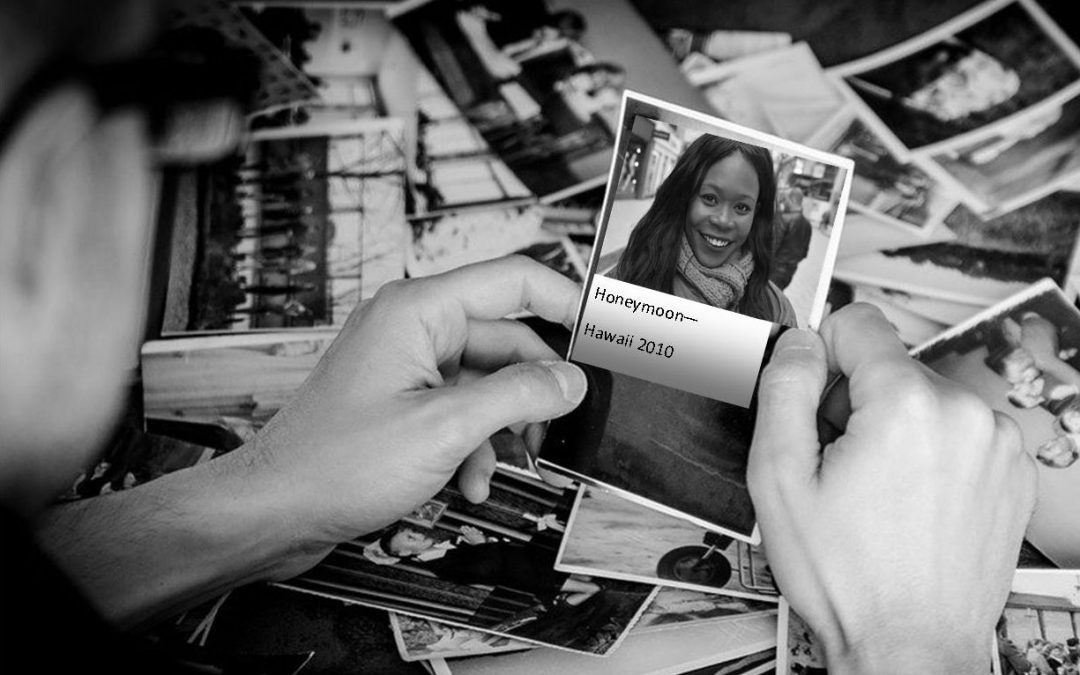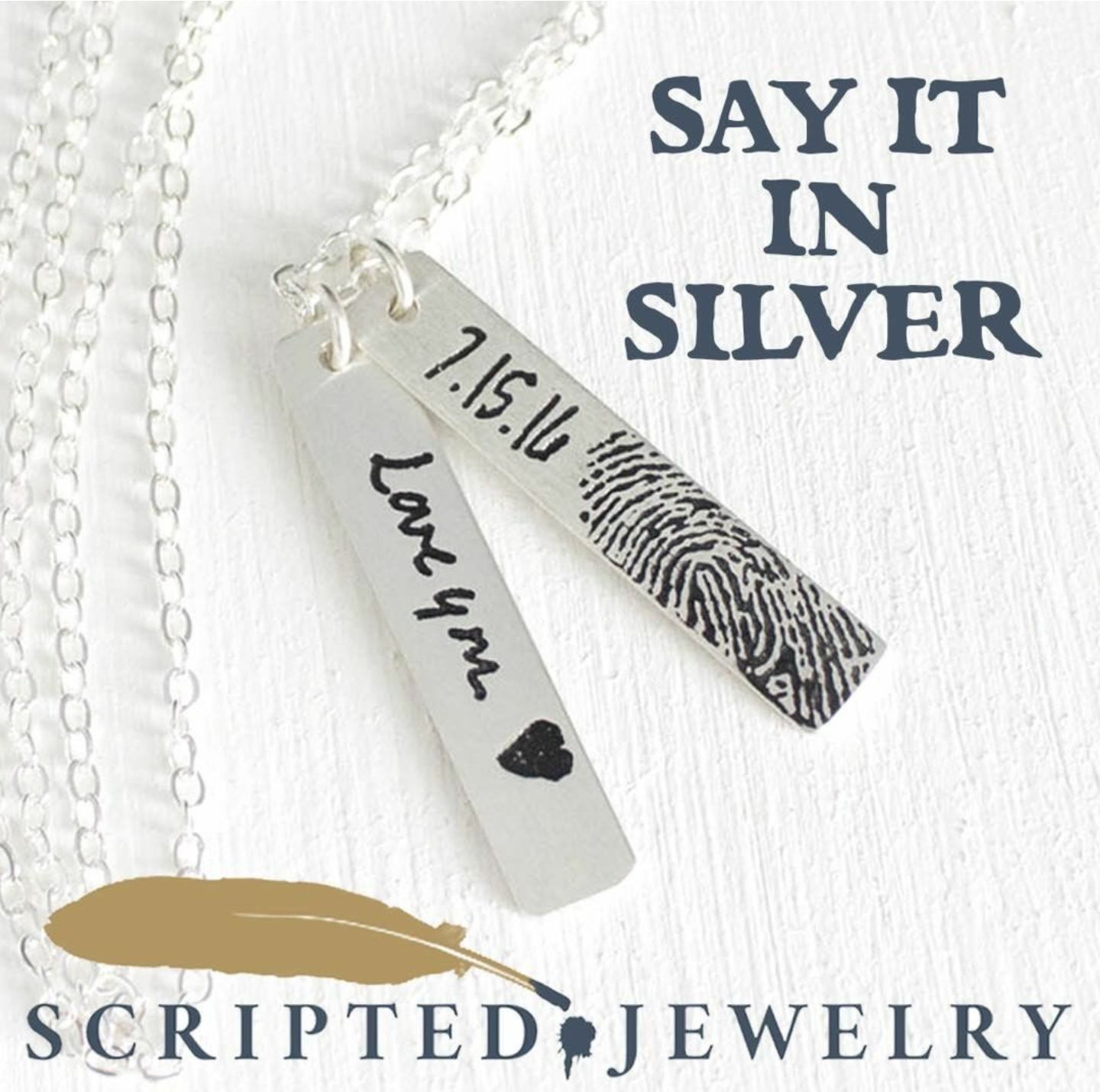“Babe, if I died, how long would it take you to introduce another man to our children?”
The question came out of the blue and caught me off guard because we hadn’t even gotten married yet, let alone had a child. Six months seemed an appropriate response so I went with that. He wasn’t impressed with the time frame.
“That’s it?” he asked laughing. “You’d replace me in six months!”
If only we knew that in less than three years he would in fact be gone. An incorrect diagnosis would take the life of the man I planned to spend the rest of my life with.
As I moved through each phase of grief, sometimes circling back to the previous phase, I started thinking about the possibility of dating again. It had been nearly four years since his passing and considering I hadn’t dated since my early 20’s, I had no clue how to go about putting myself out there again. Where does a young widow begin looking for a potential partner equipped to handle the grief that rears its head from time to time, often with no notice?
My girlfriends were all settled into married life or involved in serious relationships. They couldn’t relate to the many questions I had: Do I take off my wedding ring before dating? Do I tell potential suitors I’m widowed?
While those were pressing questions, they weren’t the biggest issue holding me back from fully venturing back into the dating pool. The truth is I felt guilty. I felt guilty that I was contemplating allowing another man into my life and wondered what my spouse would think of it. I knew I couldn’t crawl under a rock and wait to die but it was hard to face the fact that I had to move on with my life.
I wished that we hadn’t turned his question into a joke and had delved deeper into the possibility of one of us not being there for the “happily ever after”.
Out of curiosity, I posed a question to the Young, Widowed & Dating support group: Did you discuss the possibility of your “moving on” after the passing of your spouse?
Forty-two percent of respondents said it was discussed. For most, their partner—often diagnosed with a terminal illness—brought up the conversation. Not surprisingly, close to 50 percent of members revealed they never had a discussion about life without their partner due to a sudden, unexpected death. That’s my reality. One night he wasn’t feeling well and the next morning I was getting an urgent call from my father-in-law.
Tanya Hinkle*, a member who participated in the poll, finds comfort in having discussed the future with her husband:
“It was a general conversation. He said if he goes first, move on, not to cry for him to come back to this crazy place and that he would save me a seat. We both laughed,” she recalls. “He died unexpectedly so thinking back to that conversation gives me comfort.
Another member, Sandy Haley, also had “the talk” with her spouse in a general setting, when both were healthy and death being the furthest thing from their minds.
“We had a conversation about it a while back after seeing something on TV that made us think of it,” she said. “My husband was killed in a car accident but I know he wanted me to be happy and not be alone. I wanted the same for him. We both never thought it would happen, but here I am.”
For others, an incurable disease forced them to face the harsh reality of facing a future alone.
“When my husband was first diagnosed with Stage 4 colon cancer, in our heavy conversations he brought this up,” said Kelly Moore. “I got so mad at him and said let’s not talk about this right now. He brought it up again a few times as he got closer to death and although I was devastated to talk about it, we did.”
I assumed that those who were widowed and had such a conversation would feel they got the “permission” they needed to mentally move through the guilt of wanting companionship and eventually love. That was until I realized that the discussion could also be a double-edged sword as it has been for widower Scott Lewis.
“My wife expected me to be happy again and to have someone to love me and my son. She even started a list of possible women before her death. In a way, it was a relief, although I was not happy while she was doing it,” explained Scott. “After three years, it has become a burden because I feel I have disappointed her by being alone still. It’s definitely complicated.”
Although Scott hasn’t found the woman his wife wanted for him, sometimes the stars align and an ill spouse’s attempt at matchmaking is a success.
“My husband brought up [my finding love again] when he was on Hospice. I told him I could never think about it,” said Laila Jenkins. “In the same conversation, he mentioned an acquaintance of ours seemed like a good guy. Again, I dismissed the conversation right away. Three years after my husband passed, I ran into that acquaintance and he asked me to dinner. We’ve been dating for nine months.”
Most of us widows and widowers who didn’t have a discussion about getting beyond “till death do us part” are often racked with guilt that we’re still here, missing our partners, yet wanting the happiness and companionship that comes with dating and/or marriage.
And, while we may be filled with guilt and even regret, I have to believe that if our partners loved us with even a portion of the love that we have for them, they’d ultimately want us to be happy—whether it’s falling in love again or simply being content by ourselves.
If you look closely, you’ll see the signs. Signs telling you to live, love and laugh often…to embrace your present…to grieve but continue moving forward, drawing strength from each day.
For me, the sign came as I was packing away some of my husband’s belongings. A card fell out as I was moving his book of poetry. I opened it, not recalling when he’d given it to me. I stared at the beautiful words he’d written and knew it was his telling me it was okay to keep living: Enjoy the music of life before it stops playing.
* Name changed to protect member’s privacy
Mom to a feisty preschooler, Kerry Phillips became widowed at age 32. She runs an online support group for young widows and widowers venturing back into the world of dating and is a blogger for The Huffington Post.



Hi Kerry,
I’ve been widowed now 3 yrs and 3 months. My husband was diagnosed Jan. 10th, 2013 with stage 4, Esophageal Ca and died 5 months later. He was a surgeon and I am a nurse (retired). I was 57 and he was 53.
After he was admitted to hospice in June (was our wedding anniversary) we both knew time was ticking very quickly, so he sat me down one day and told me he had made a “bucket list” for me to follow through on, after he dies. The one item I really had a very hard time to deal with was this:
He said “I don’t want you to live alone for the rest of your life; I want you to meet someone, fall in love, get married, and live happily ever after”. Although those words were foreign to me at the time, all I could do was cry.
I have now fulfilled all but the “fall in love” portion on the list. I have not met the next man of my dreams yet (although I do date off and on) but I am trying. Sometimes I feel guilty dating someone new, like I am cheating on my husband. Its getting better, and I know he is not coming back. The pain never ends but it does get better…at least for me.
It’s such a gift when a spouse gives you the “permission” needed to love again. It’s the ultimate show of love. I’m so sorry for your loss and understand the guilt that comes with dating. I’m sure you’ll meet a great guy and be able to take that one last item off the list 🙂